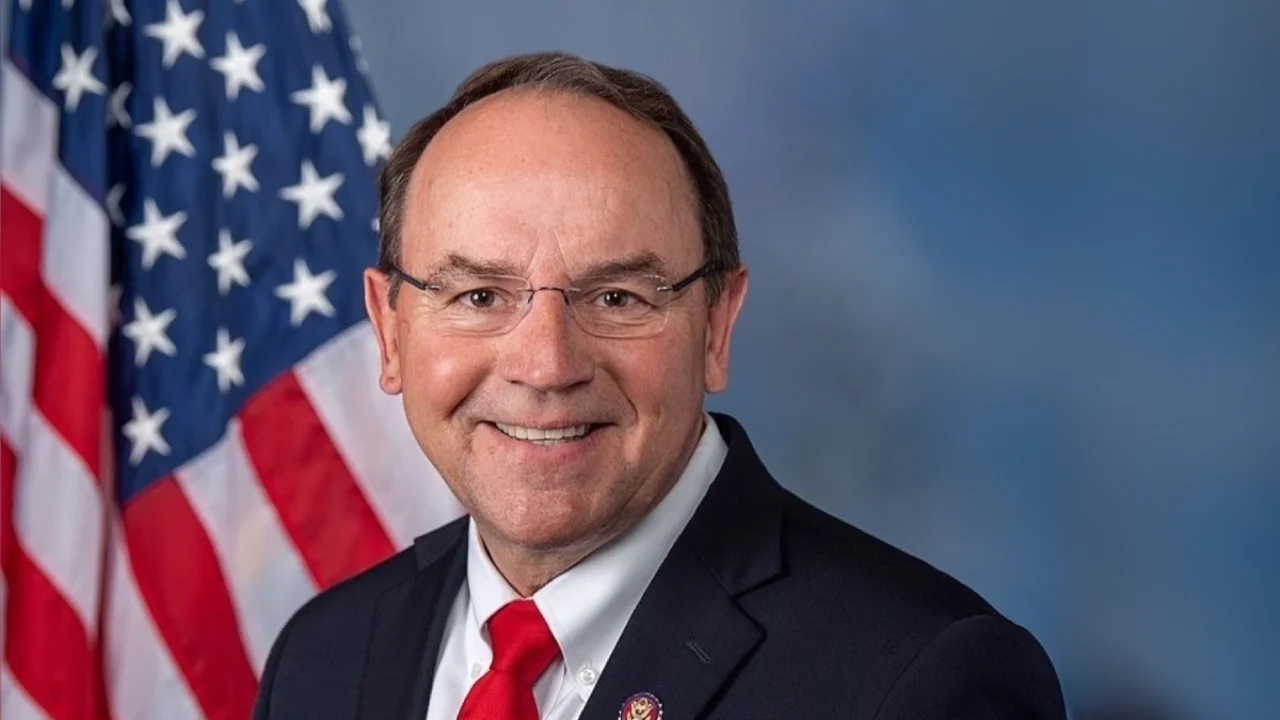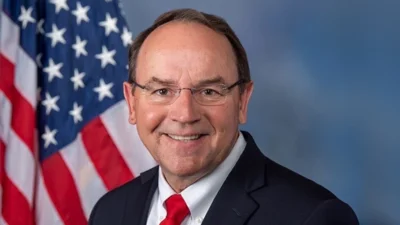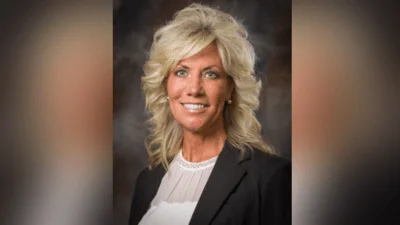Congressman Thomas Tiffany | Official U.S. House headshot
Congressman Thomas Tiffany | Official U.S. House headshot
Today, Congressman Tom Tiffany from Wisconsin and Congresswoman Lauren Boebert from Colorado reintroduced legislation aimed at removing the gray wolf from the Endangered Species List. This bill, known as the Pet and Livestock Protection Act, seeks to transfer management authority of the gray wolf population back to state lawmakers and wildlife officials. The proposed legislation passed the House of Representatives in a previous session but stalled in the Senate.
Rep. Tom Tiffany stated that "scientific data, coupled with the rise in wolf attacks in Wisconsin, confirms that the gray wolf population has exceeded recovery goals." He criticized judicial decisions that have kept wolves on the list, emphasizing local management by state officials.
Congresswoman Lauren Boebert expressed concerns about livestock safety: "Gray wolves are threatening the livelihoods of our ranchers and farmers with attacks on livestock because our agriculture community has their hands tied by out-of-date policies."
The bill requires the Secretary of the Interior to reissue a 2020 rule delisting gray wolves across most of the United States. It also aims to prevent judicial review of this decision. In 2020, under President Trump, federal agencies delisted gray wolves after assessing scientific data indicating significant recovery.
However, a California judge overturned this rule in 2022, leading to increased wolf attacks in regions like Wisconsin’s Seventh District. Supporters argue for state-level management based on scientific assessments. The legislation is backed by various stakeholders including Hunter Nation and several agricultural organizations.
Keith Mark of Hunter Nation commented on state management saying it "prevents judicial review" allowing states to manage wildlife effectively. Garrett Edmonds from PLC and NCBA Government Affairs emphasized that "the science shows that the gray wolf has recovered."
John Commerford from NRA-ILA appreciated how this would allow states better control over their wolf populations, benefiting hunters as well. Chris Tymeson from SCI supported delisting efforts stating it aligns with wildlife science and local interests.
Luke Hilgemann of IOTR highlighted preventing interference by judges unfamiliar with local wildlife dynamics while Taylor Schmitz praised legislative efforts for returning authority to state agencies.
Greg Sheehan of Mule Deer Foundation acknowledged state capabilities in maintaining sustainable wolf numbers without federal oversight. Blake Henning from Rocky Mountain Elk Foundation cited historical delisting attempts thwarted by court interventions despite scientific consensus on stable populations.
Wisconsin Farm Bureau President Brad Olson noted significant recovery as a testament to conservation success while urging local management for balanced ecosystem protection. Brady Zuck from Wisconsin Cattlemen's Association stressed effective solutions for challenges posed by expanding wolf populations.
Carl Schoettel from Wisconsin Bear Hunters Association voiced support for transferring management back to state professionals based on longstanding scientific evidence showing recovery.
The full text of the Pet and Livestock Protection Act is available for public viewing online.




 Alerts Sign-up
Alerts Sign-up